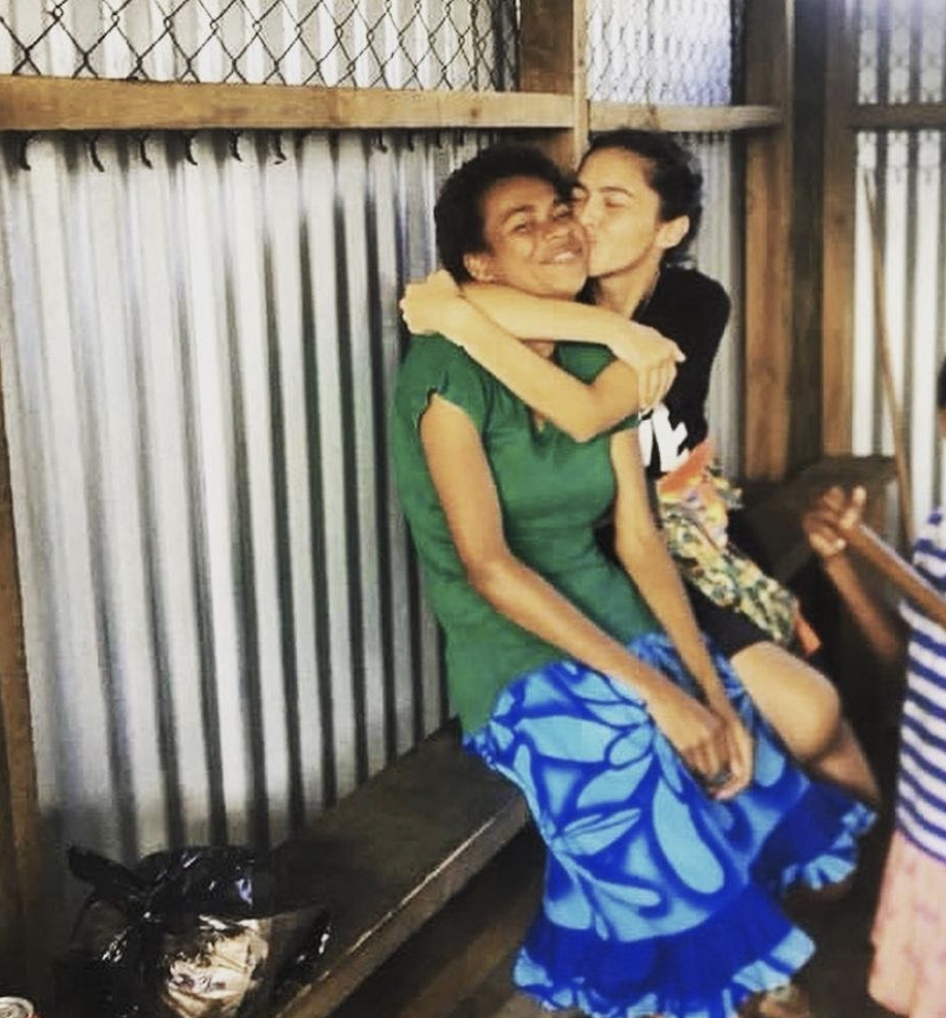Women are at the Frontline of the Climate Crisis
Author: Leila Bousbaa, Senior Events Officer
I had the privilege of living in Fiji for four months. If you know me then you will know a day doesn't go by when I don't bang on about my amazing time in Fiji. While I was there I fell in love with the country, culture and the people. I was living with a family, and grew close to my given Fijian mum and sister. One night, they began to share heart wrenching stories about Cyclone Winston. It remains the most intense tropical cyclone in the Southern Hemisphere on record, and they had lived and breathed the aftermath. My Fijan mum discovered her home, village and everything she owned was either gone or totally destroyed. What became apparent through her stories was that the women in the community were impacted that much harder by the cyclone.
In Fijian culture, the women are still traditionally responsible for the home, the family, and all the work that that brings. It was clear to see throughout the remote villages I was staying in that climate change is intrinsically linked to gender. For women and girls living in poverty, climate change hasn’t simply resulted in colder winters and warmer summers. It’s limited their access to education and made managing a household and the responsibilities that come with it a lot harder.
Families cannot plan when to plant their crops, and this often causes crops to fail. With a lack of income from the crops, parents start to struggle with school fees, and unsurprisingly, girls are the first to miss out. Globally, about 12 million more young girls are thought to have been married due to financial stress following an increase in natural disasters. On top of that, weather related disasters have been shown to increase sexual trafficking by 20-30%. More extreme and less predictable weather patterns lead to less food, decreasing access to safe water and unstable living conditions, culminating in new threats to their rights.
Acting on climate change remains as urgent as ever, and we know we need to go further and faster to protect women and girls. The UK has already taken historic steps towards combating climate change, such as committing to a net zero target. But without further commitments and greater ambition, climate change could push more than 100 million people within developing countries below the poverty line by 2030. This International Women’s Day we should reflect on how climate change is stunting the education, safety and health of women around the world. They need us to raise our voices for what needs to be done to protect them from the climate crisis.


